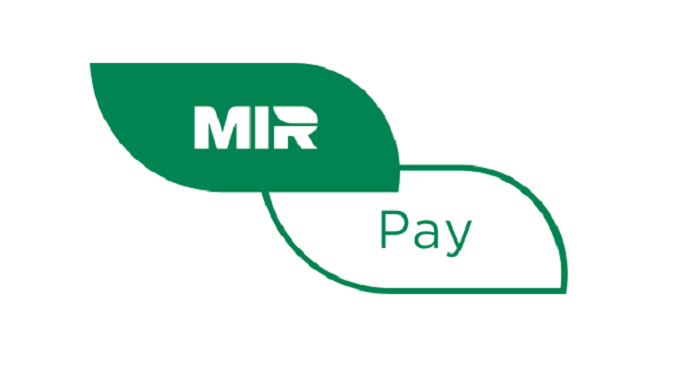Russia’s Economic Development Minister Maxim Reshetnikov has ruled out the possibility of a sovereign default in Russia similar to the one the authorities announced in 1998, Lenta.ru reported.
During an interview on Russia’s Channel One, Reshetnikov answered “No” to a question if there is at least a minimal probability of such a default now.
He stressed that in the current situation, the government should help entrepreneurs, “so that they still have a desire to do business and develop their business in Russia.”
“It seems to me that in the long run and we will understand what this crisis has shown us: we have built a very developed, very diversified economy. Indeed, unlike 2008, when we primarily saved large enterprises, we are now talking about small and medium business,” the minister said.
Earlier on Thursday, speaking at a cabinet meeting, Prime Minister Mikhail Mishustin said that more than 500,000 small and medium-sized enterprises employing more than 3 million people will receive direct financial support from the state.
In August 1998, the Russian authorities had run out of resources to finance public debt and maintain the ruble. By that time, the national debt totaled almost $200 billion (44% of GDP). Exchange offices stopped selling foreign currencies and the ruble rate depreciated three-fold on the stock exchange.
The default led to the collapse of large banks that had invested in GKO bonds such as Inkombank, Mosbusinessbank, SBS-Agro, Most-Bank, etc. According to estimates of the Institute for the Economy in Transition, these banks held from 37% to 68% of all deposits of the county’s population.
According to the calculations of the Moscow Banking Union, the losses the Russian economy suffered due to the crisis of August 1998 amounted to $96 billion.
Despite the devastating consequences of the default, the devaluation of the ruble helped the Russian economy to become more competitive. A sharp decline in imports pushed the development of domestic production expanding opportunities for exports. The government took measures to improve tax collection; in particular, in 2001 it set a flat schedule of personal income tax for individuals at 13%.



